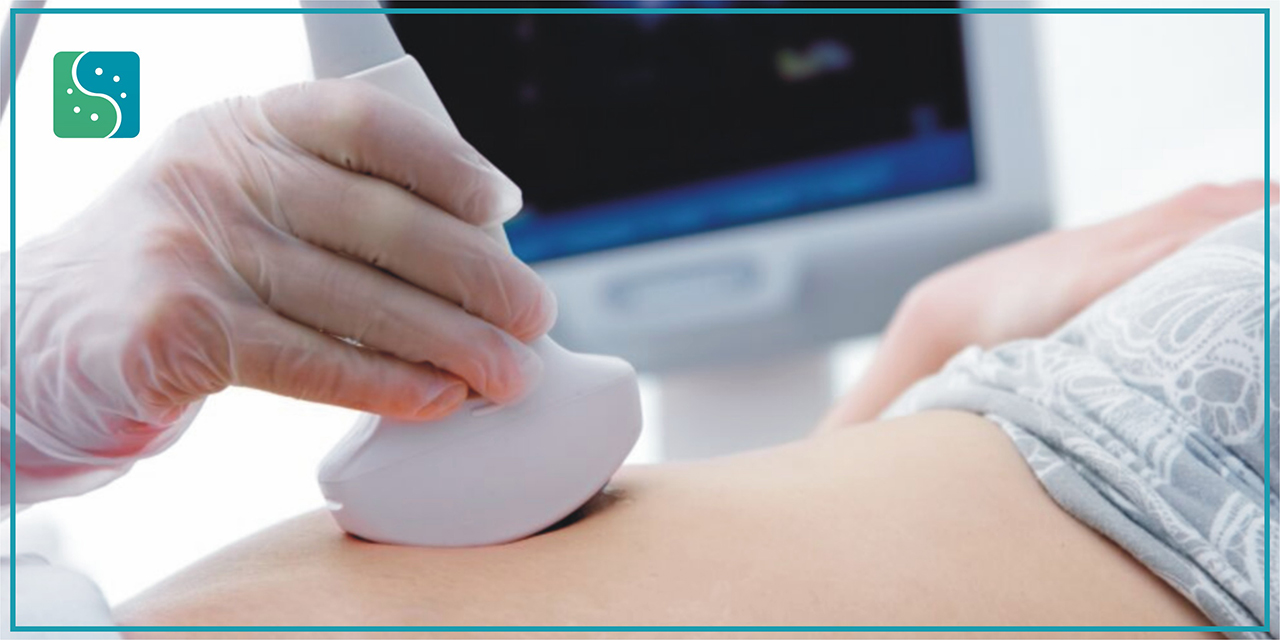UTERINE FIBROIDS are a common type of non-cancerous tumour that can grow in and on your uterus. Not all fibroids cause symptoms, but when they do, symptoms can include heavy menstrual bleeding, back pain, frequent urination and pain during sex. Small fibroids often don’t need treatment, but larger fibroids can be treated with medications or surgery.
Homoeopathy offers a very promising treatment in cases of uterine fibroids. Homoeopathy can help manage the symptoms of uterine fibroids as well as dissolve them. The extent of recovery depends on the size of the fibroid and intensity of symptoms.
Uterine fibroids fall in the category of diseases that the conventional mode of medicine class as surgical by nature. And as in all such cases, homoeopathic medicines work wonders to the extent that they can even do away with the need for surgery. These women need detailed investigations and treatment by an experienced homoeopathic physician. As homoeopathy is based on principles of individualisation, every case needs different remedy after undergoing a proper case taking.
Uterine fibroids (also called leiomyomas) are growths made up of the muscle and connective tissue from the wall of the uterus. These growths are usually non-cancerous (benign). Fibroids can grow as a single nodule (one growth) or in a cluster. Fibroid clusters can range in size from 1 mm to more than 20 cm (8 inches) in diameter or even larger. For comparison, they can get as large as the size of a watermelon. These growths can develop within the wall of the uterus, inside the main cavity of the organ or even on the outer surface. Fibroids can vary in size, number and location within and on your uterus..
There are various types of fibroids. The types differ depending on their location in or on the uterus.
The causes of fibroids are not known. Most fibroids happen in people of reproductive age. They typically aren’t seen in young people who haven’t had their first period yet.
Most fibroids do not cause any symptoms and don’t require treatment other than regular observation by your doctor. These are typically small fibroids. When you don’t experience symptoms, it’s called an asymptomatic fibroid. Larger fibroids can cause you to experience a variety of symptoms, including:
The symptoms of uterine fibroids usually stabilize or go away after you’ve gone through menopause because hormone levels decline within your body.

In many cases, fibroids are first discovered during a regular exam by your doctor. They can be felt during a pelvic exam and can be found during a gynaecologic exam or during prenatal care. There are several tests that can be done to confirm fibroids and determine their size and location. These tests can include.
What lifestyle measures can be taken to aid the treatment of uterine fibroids?
Some lifestyle measures that can be adapted to manage uterine fibroids are:
No uterine fibroids are not cancerous, they are benign (non-cancerous) growths.
Uterine fibroids may cause difficulty in conception, but not in all cases. Whether a woman having uterine fibroids will or will not conceive depends upon the location and size of the uterine fibroid. There are chances of a miscarriage in few types of uterine fibroid.
Yes, there are chances of uterine fibroids reappearing after surgery as the surgery removes the fibroids on the surface, but the root cause of the fibroid formation goes undertreated in the modern system of medicine.
There are several risk factors that can play a role in your chances of developing fibroids. These can include:
Anaemia can happen to people who have frequent or extremely heavy periods. Fibroids can cause your periods to be very heavy or for you to even bleed between periods.
Yes, you can get pregnant if you have uterine fibroids. During pregnancy, your body releases elevated levels of hormones. These hormones support the pregnancy. However, they can also cause your fibroids to get bigger. Large fibroids can cause the following problems during pregnancy.
Fibroids can actually shrink or grow over time. They can change size suddenly or steadily over a long period of time. This can happen for a variety of reasons, but in most cases, this change in fibroid size is linked to the amount of hormones in your body. Often, your symptoms can also get better after menopause.
Uterine fibroids are a common condition that many people experience during their lives. In some cases, fibroids are small and don’t cause any symptoms at all. Other times, fibroids can cause challenging symptoms like pain and heavy vaginal bleeding. Homoeopathy provides a safe and natural treatment for uterine fibroid, giving relief in the symptoms of uterine fibroid like heavy bleeding and pain during menses. Homoeopathic medicines selected after individualisation and proper case taking work wonders to the extent that they can even do away with the need for surgery.